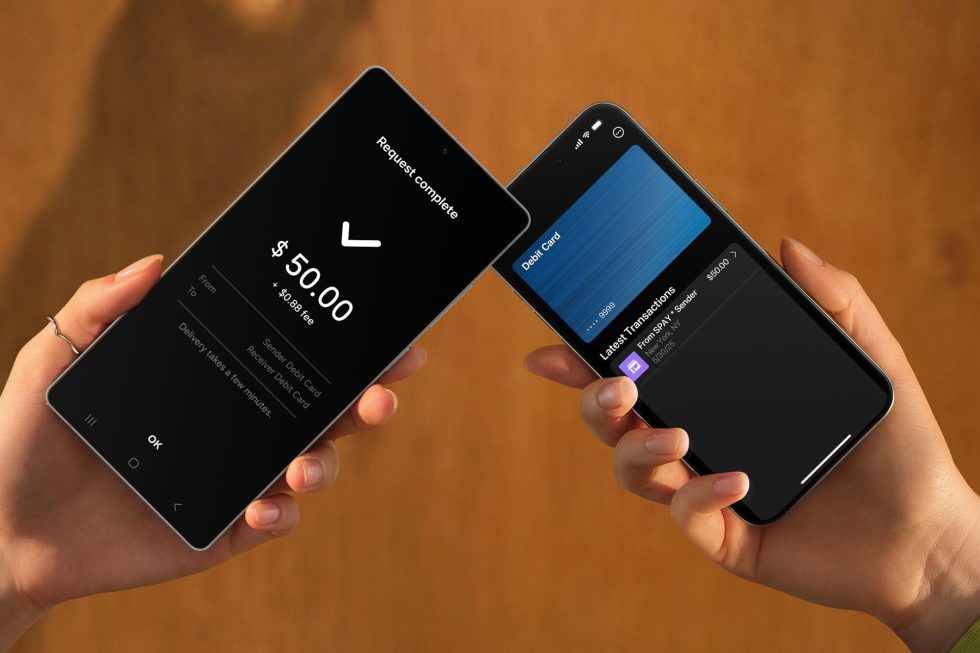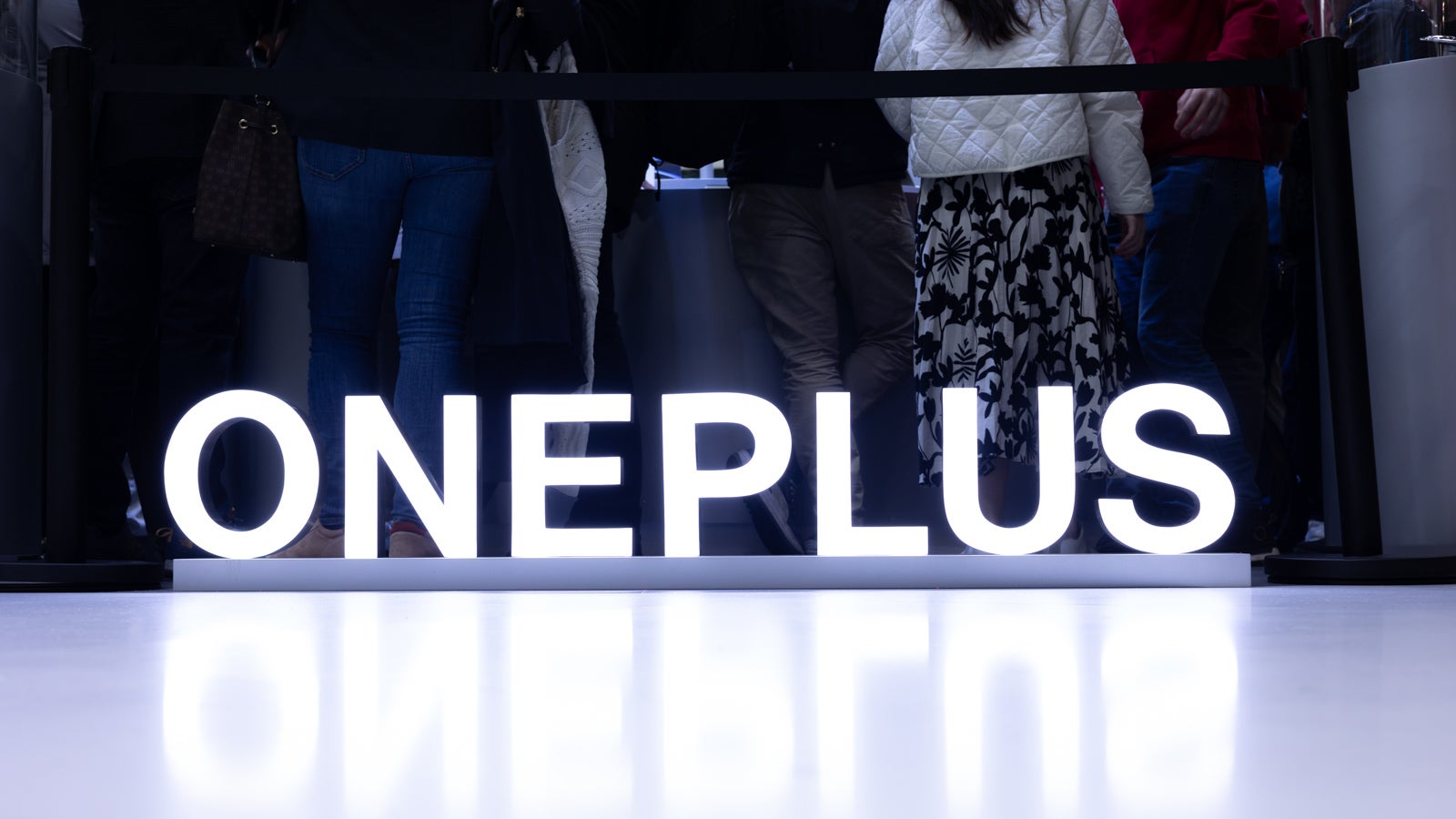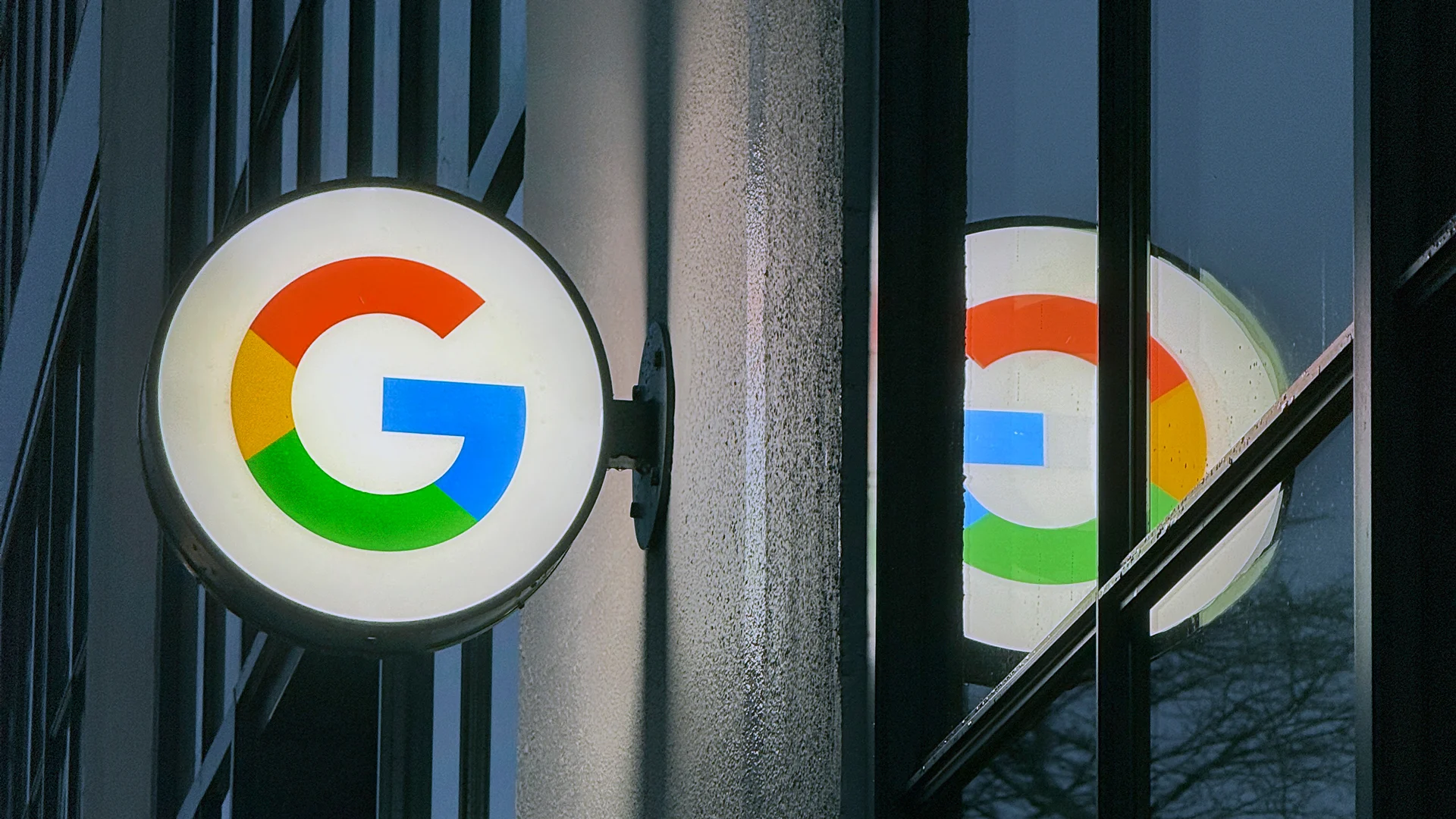DOJ asks court to split up Google’s ad tech empire
The US Department of Justice filed a plan in court to make Google divest its advertising marketplace and ad management platform, part of a proposal to address the company’s “decade-long campaign of exclusionary conduct,” which a judge has declared violates antitrust law. On Monday, the DOJ and Google both filed requests for remedying the tech […]


The US Department of Justice filed a plan in court to make Google divest its advertising marketplace and ad management platform, part of a proposal to address the company’s “decade-long campaign of exclusionary conduct,” which a judge has declared violates antitrust law.
On Monday, the DOJ and Google both filed requests for remedying the tech giant’s legally declared ad-tech monopoly. The DOJ plan proposes having Google sell two major pieces of its business: its Ad Exchange (AdX) and its ad management platform DoubleClick for Publishers (DFP), which is now called Google Ad Manager. Google, which plans to appeal the original verdict, asks the court to require targeted changes in certain business practices while leaving the company intact.
The DOJ’s AdX sale pitch cites the court’s April ruling that AdX made it “more difficult for customers on both sides of the ad exchange market to switch to rival exchanges.” It says that Google should sell its AdX business “as soon as possible,” while implementing an interim remedy that would require the marketplace to work with other systems. It also proposes preventing Google from operating an ad exchange for 10 years.
The DOJ suggests a “phased” divestiture of Ad Manager/DFP. This divestiture addresses a ruling that Google forced customers to use a product “they would not necessarily have otherwise used” by tying DFP to AdX, while also implementing policies that customers disliked, according to the DOJ.
For the first phase, the DOJ proposes having Google create an API that would allow the platform to integrate with other ad exchanges, as well as provide an export feature that would let publishers transfer their data from DFP to another ad server. The DOJ then suggests forcing Google to release the code used to carry out final ad auctions under an open-source license, while blocking it from “hosting or recreating” the code in any of its products, including DFP, Android, and Chrome. The final phase of the DOJ’s proposal would require Google to divest the remainder of DFP to an entity separate from the one that acquires AdX.
Along with these proposals, the DOJ suggests forcing Google to share the data it obtained through DFP and says it shouldn’t use first-party data from YouTube, Gmail, Search, Chrome, and Android to gain an unfair advantage.
Google, of course, disagrees with these proposals. In a filing outlining its proposed remedies, Google argues that it shouldn’t be forced to sell AdX or DFP because it fairly acquired these businesses without unlawful intent. Google adds that because of the services’ design, “divestiture is not as simple as selling either the AdX or DFP source code to a willing buyer.” The company claims divestiture would require the creation of new versions of AdX and DFP that work outside Google, a process it estimates would take at least five years.
“In the meantime, this process would significantly harm the customers of AdX and DFP,” Google says. “During the years of rebuilding either or both of AdX and DFP, coding new versions of the tools would conscript precious resources, including the limited universe of software engineers familiar with these tools, that are currently devoted to maintaining and improving AdX and DFP.”
To resolve the court’s concerns, Google proposes barring a handful of business practices that the DOJ singled out for criticism in court. It commits to making real-time bids from AdX available to rival ad servers, as well as removing policies that prevent these bids from being shared with competitors. It also says it would deprecate unified pricing rules (UPR), which the DOJ claims it used to unfairly gain control in the ad tech market. Google would also promise not to rebuild the First Look and Last Look tools — which gave Google a leg up in ad auctions — that it discontinued in 2019.
The tech giant is under mounting pressure from the DOJ, which is currently in court asking a judge to make Google sell Chrome as part of a separate antitrust case that saw Google search ruled a monopoly. These new proposals threaten to split up Google’s sprawling empire even further.

















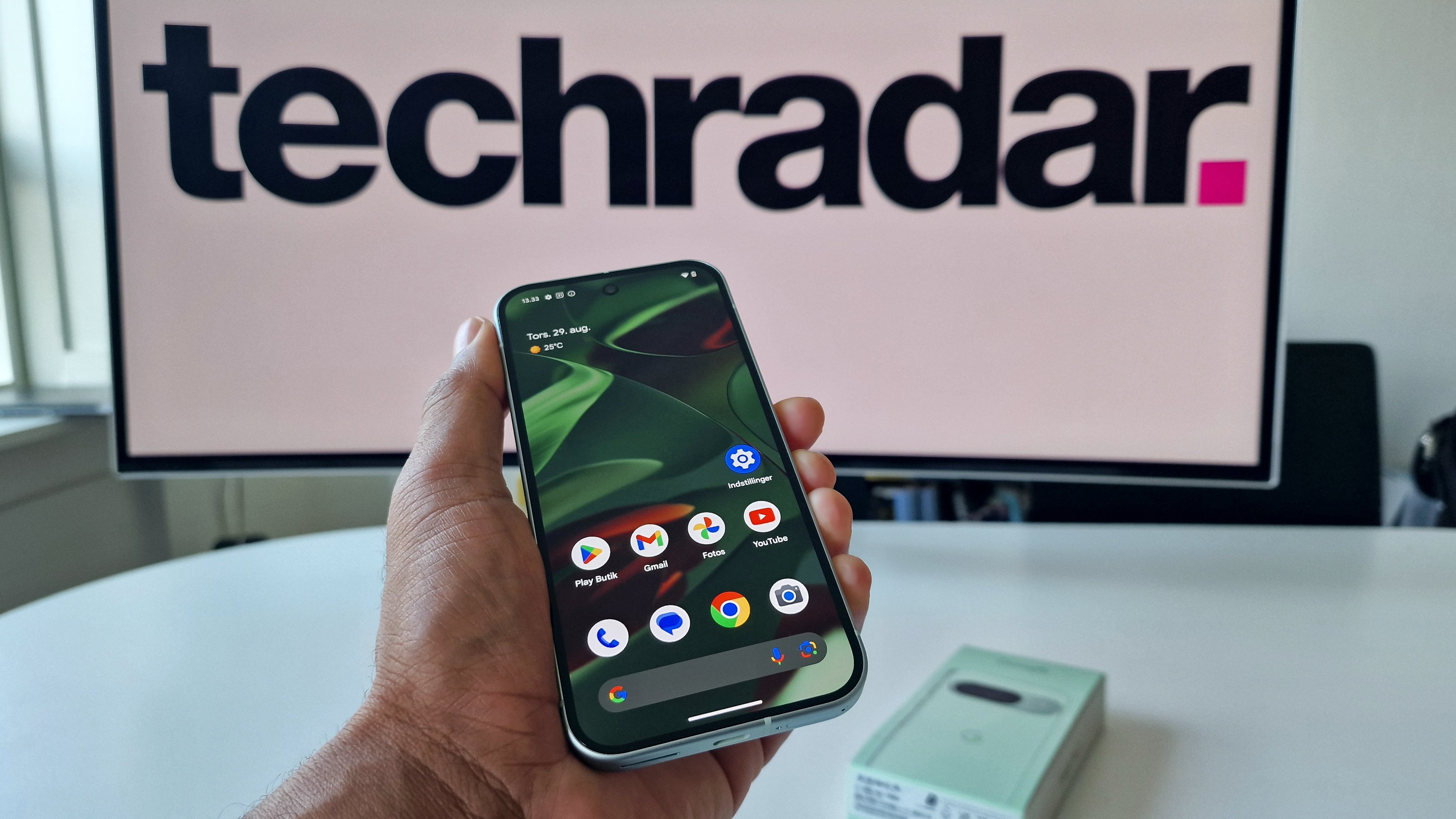






















































































































































![[The AI Show Episode 146]: Rise of “AI-First” Companies, AI Job Disruption, GPT-4o Update Gets Rolled Back, How Big Consulting Firms Use AI, and Meta AI App](https://www.marketingaiinstitute.com/hubfs/ep%20146%20cover.png)












































































































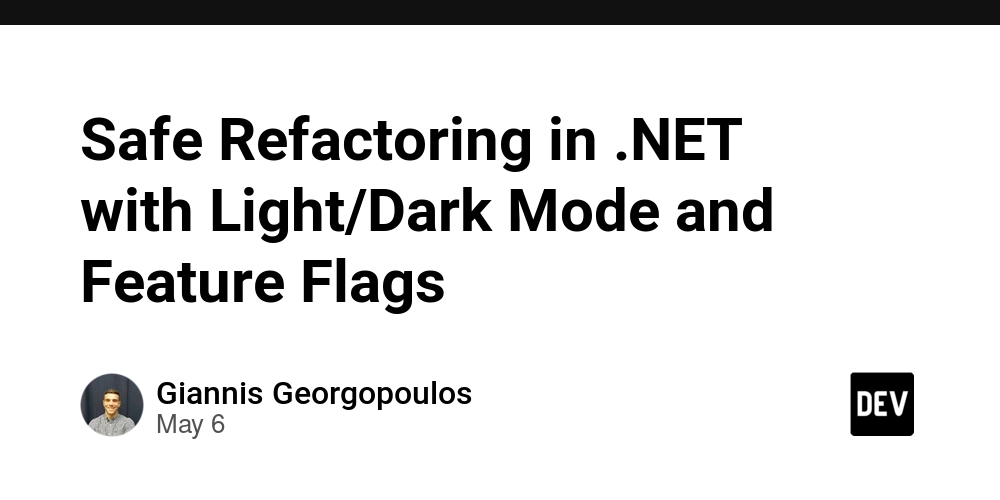
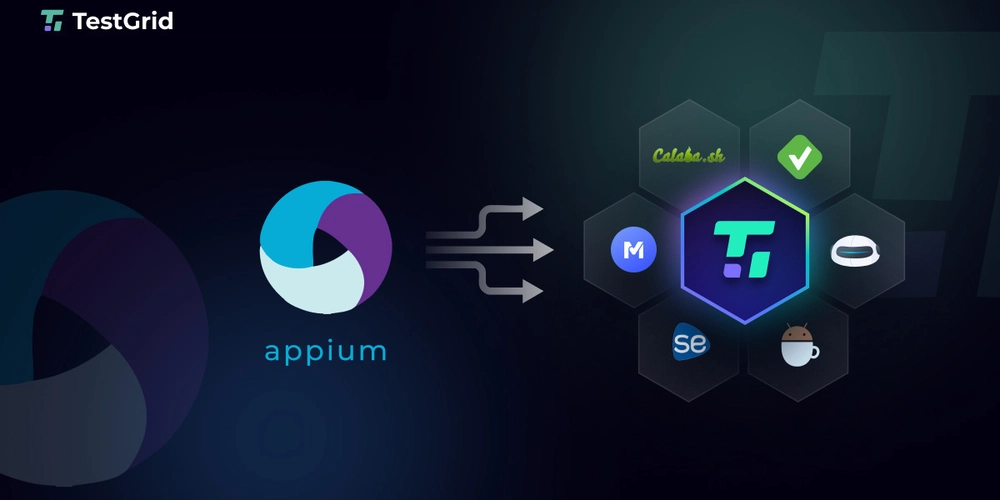



















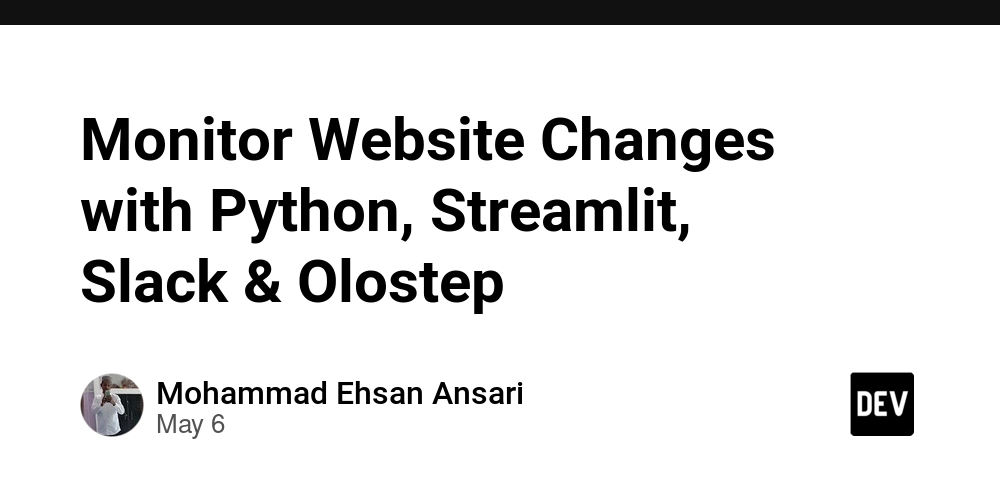





































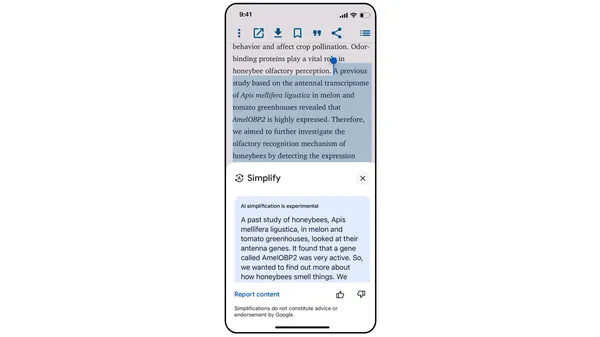

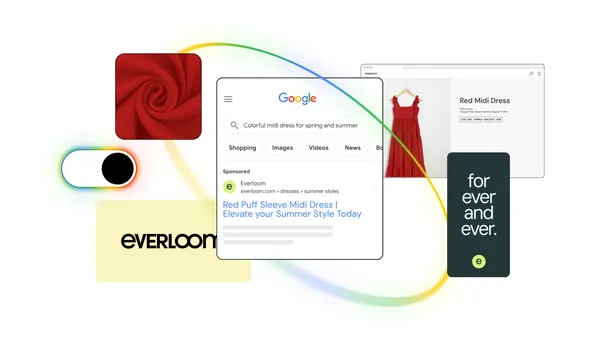






.jpg?width=1920&height=1920&fit=bounds&quality=70&format=jpg&auto=webp#)




















































































_Brian_Jackson_Alamy.jpg?width=1280&auto=webp&quality=80&disable=upscale#)

_Steven_Jones_Alamy.jpg?width=1280&auto=webp&quality=80&disable=upscale#)


 Stolen 884,000 Credit Card Details on 13 Million Clicks from Users Worldwide.webp?#)























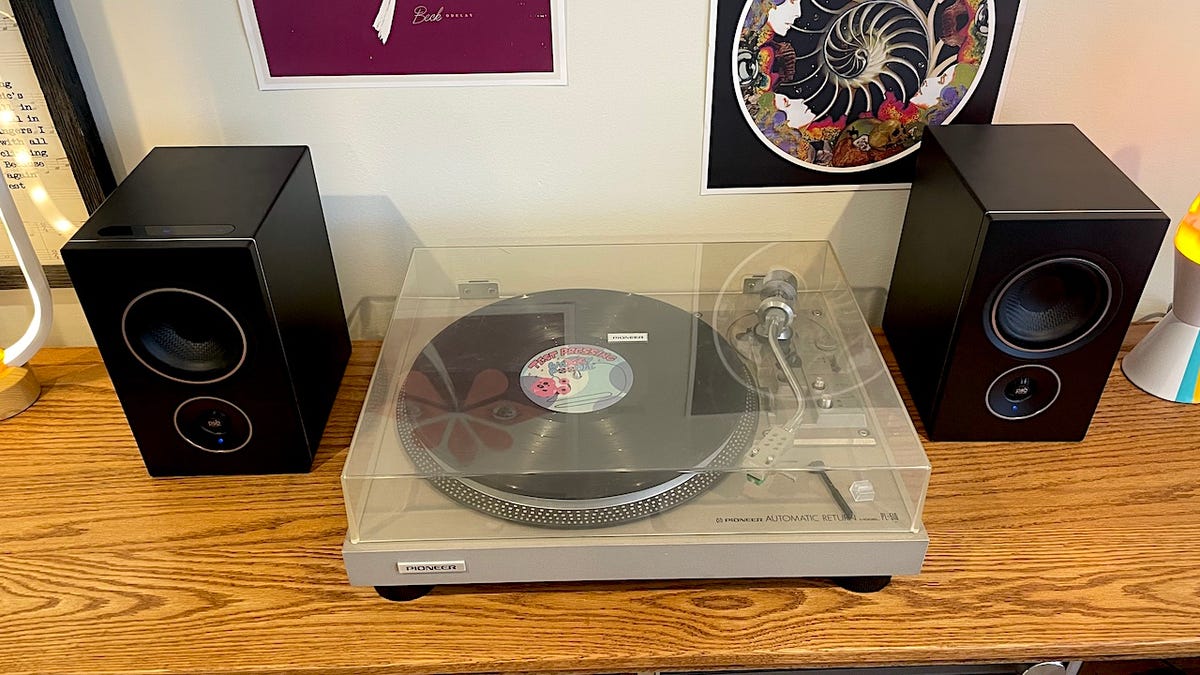

























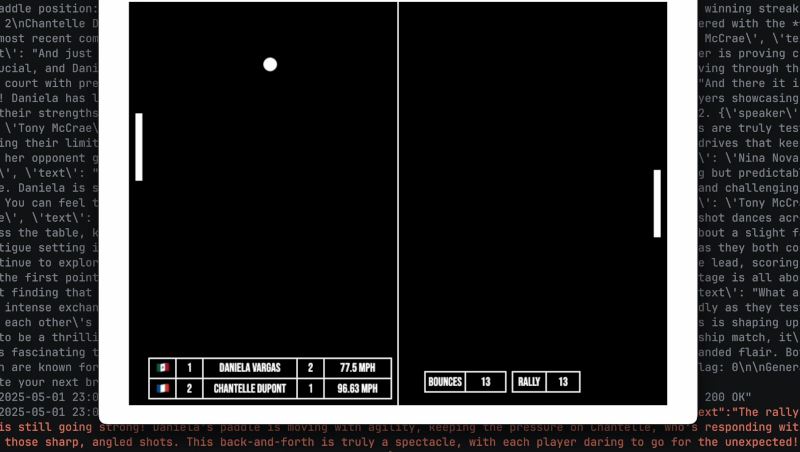


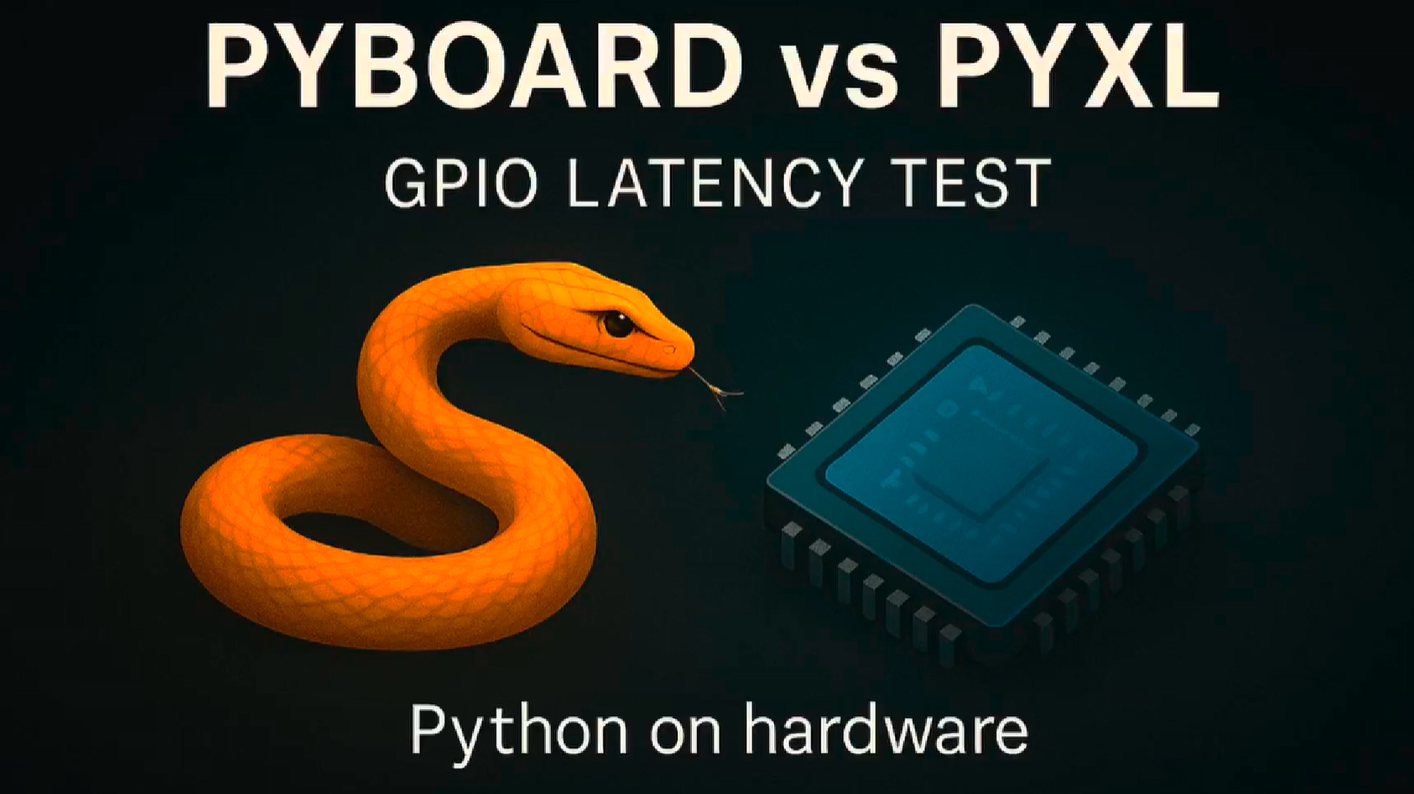





















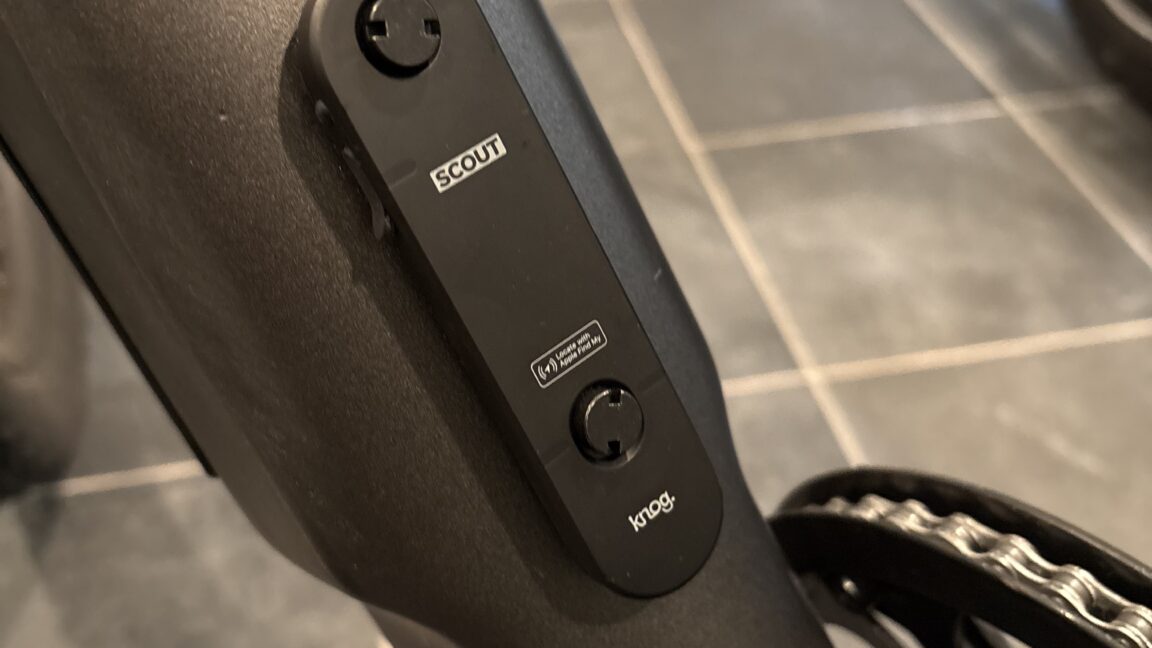






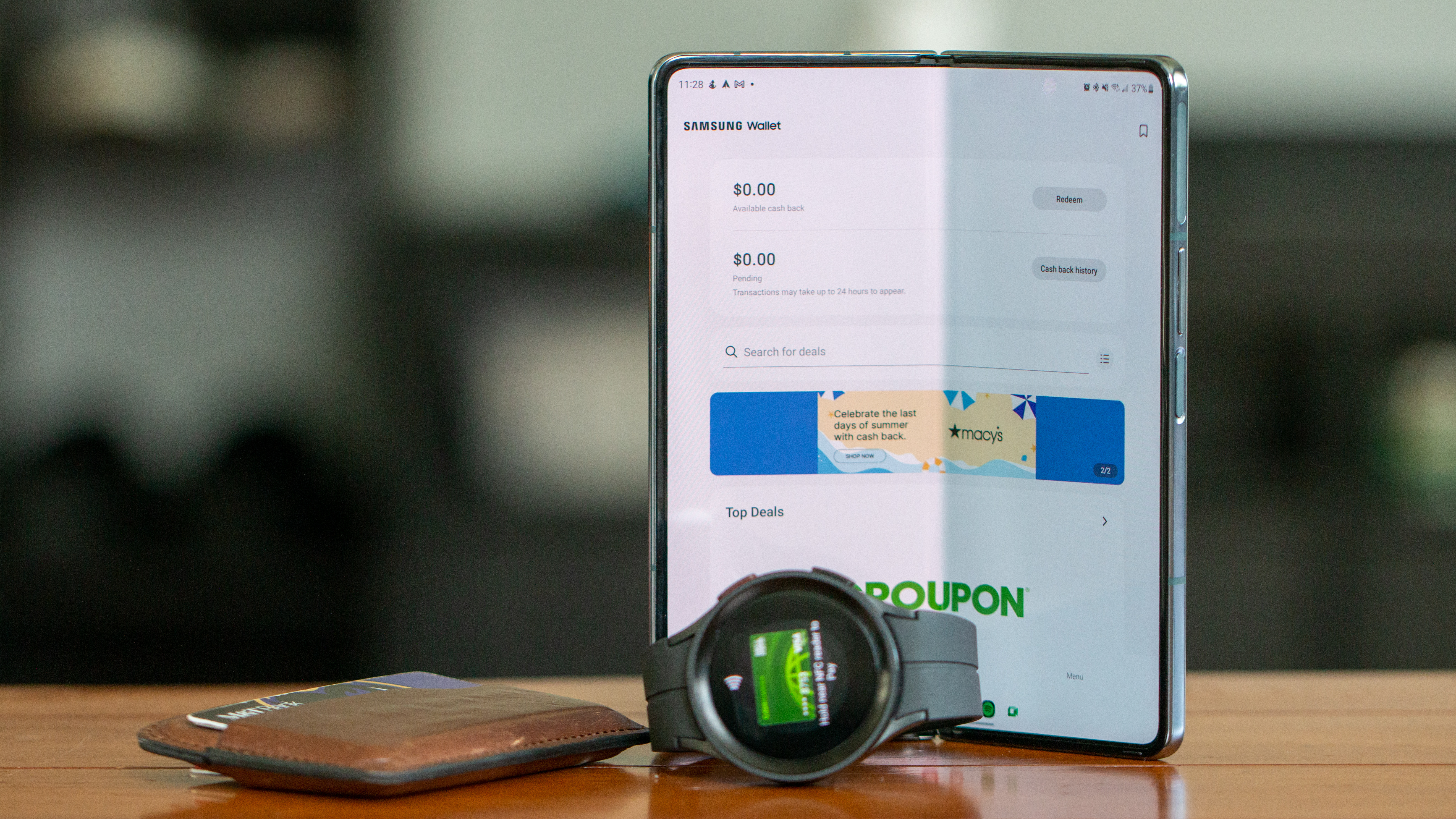
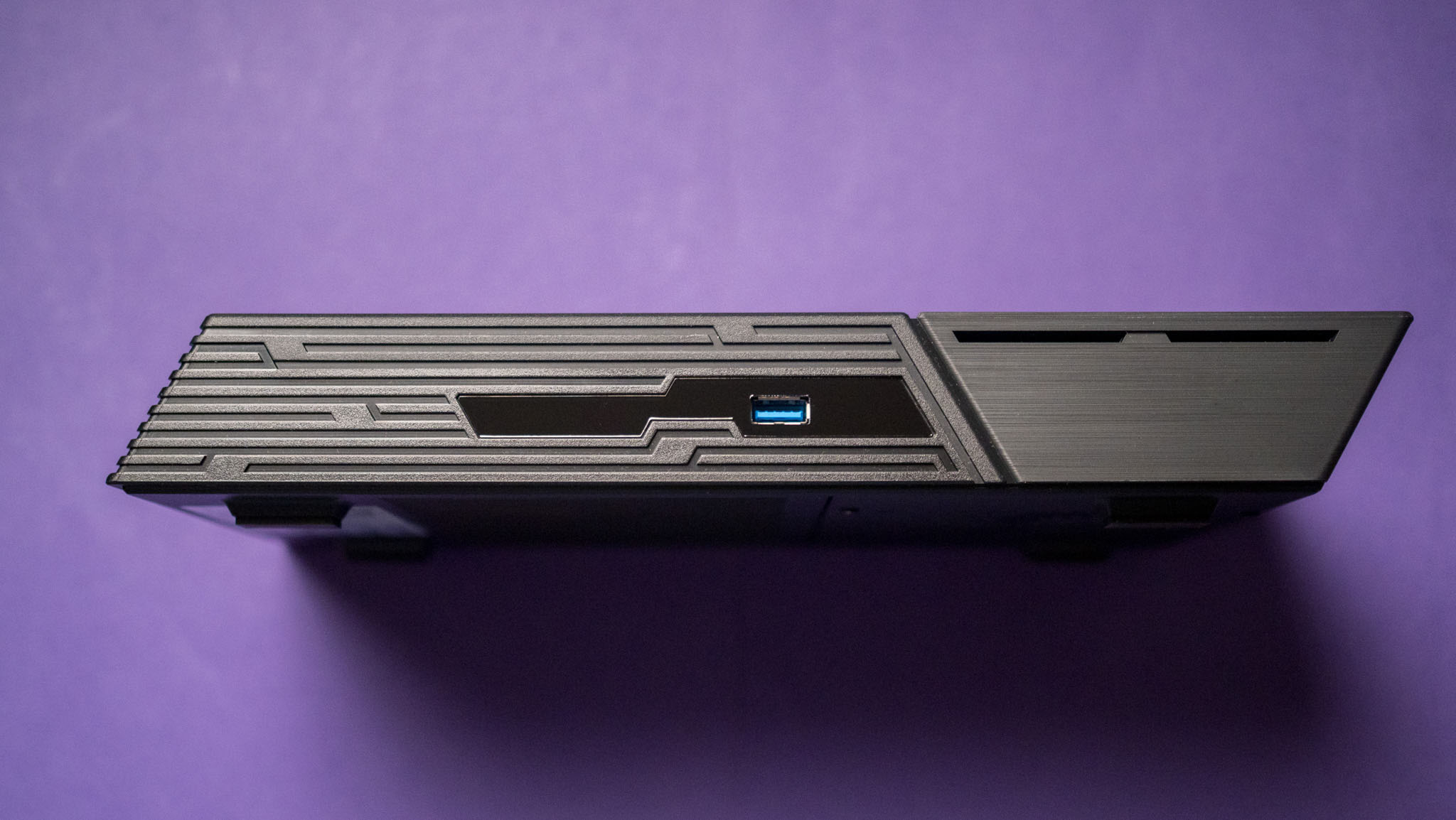

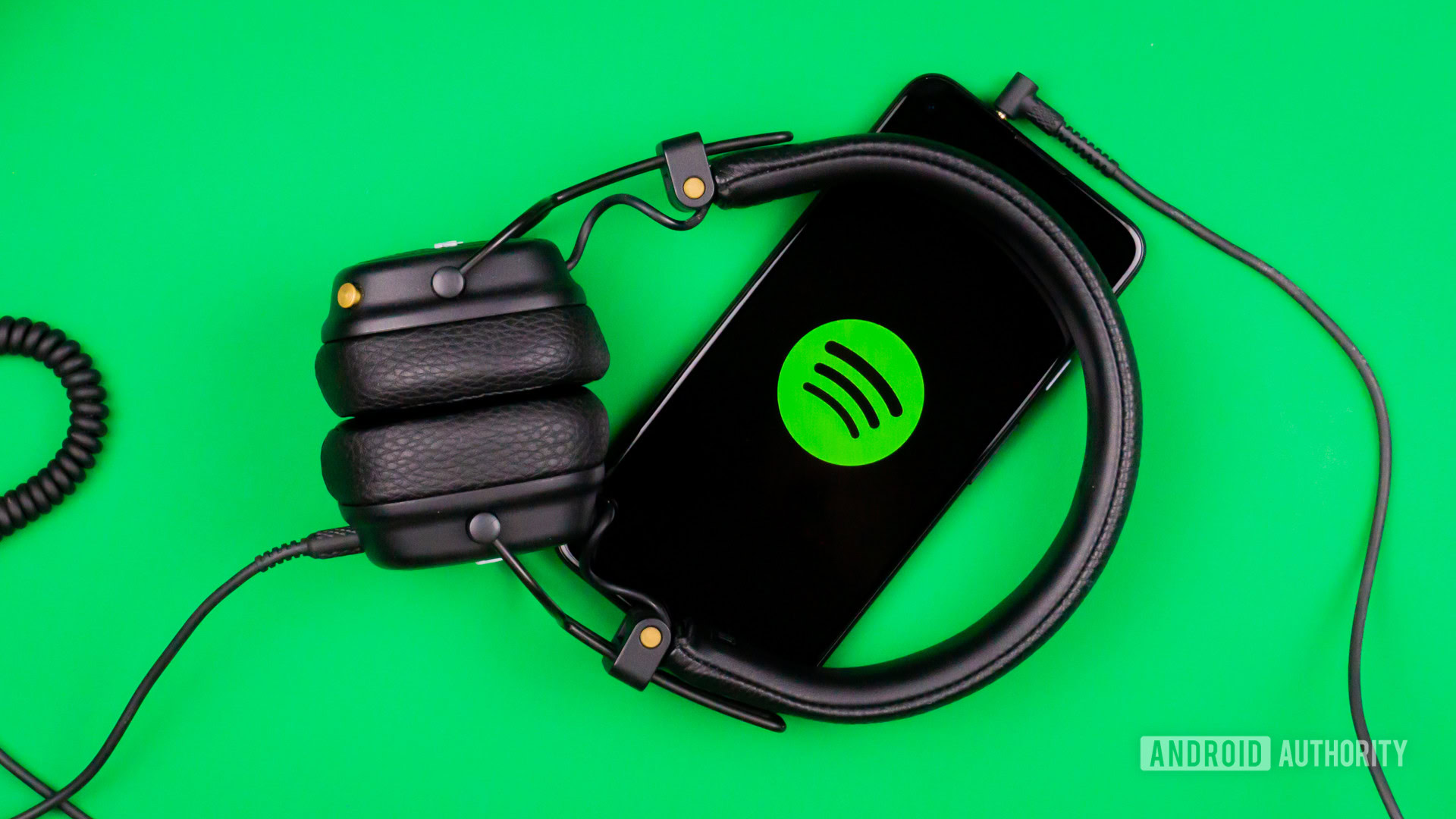

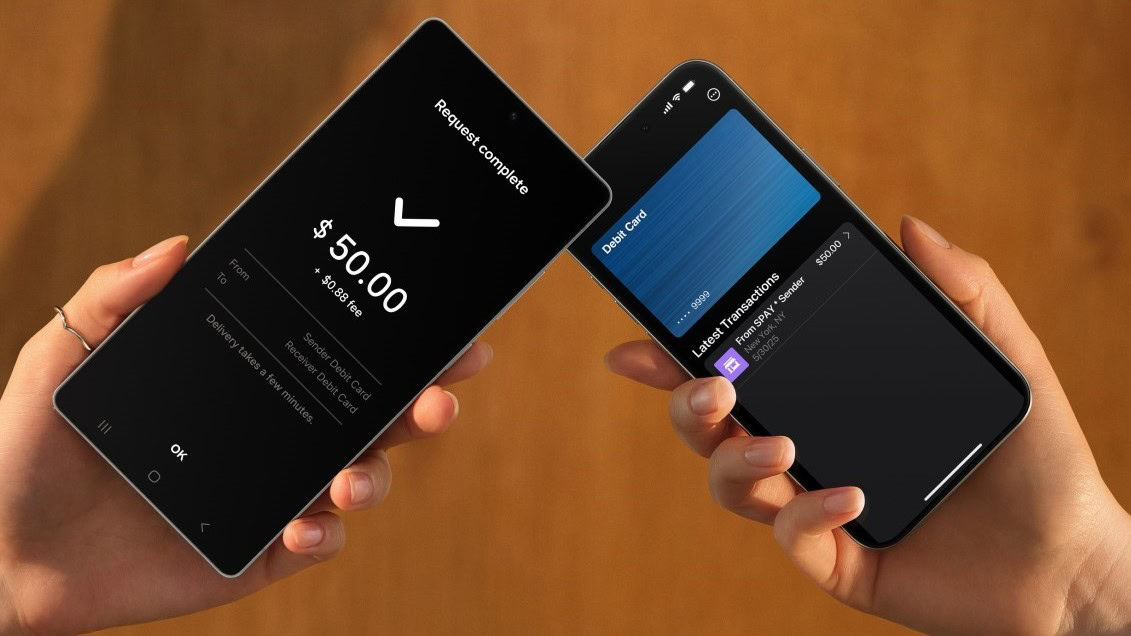





















![Apple Watch Shipments Declined 19% Year-over-Year in 2024 [Report]](https://www.iclarified.com/images/news/97229/97229/97229-640.jpg)

![Google Mocks Rumored 'iPhone 17 Air' Design in New Pixel Ad [Video]](https://www.iclarified.com/images/news/97224/97224/97224-640.jpg)
























